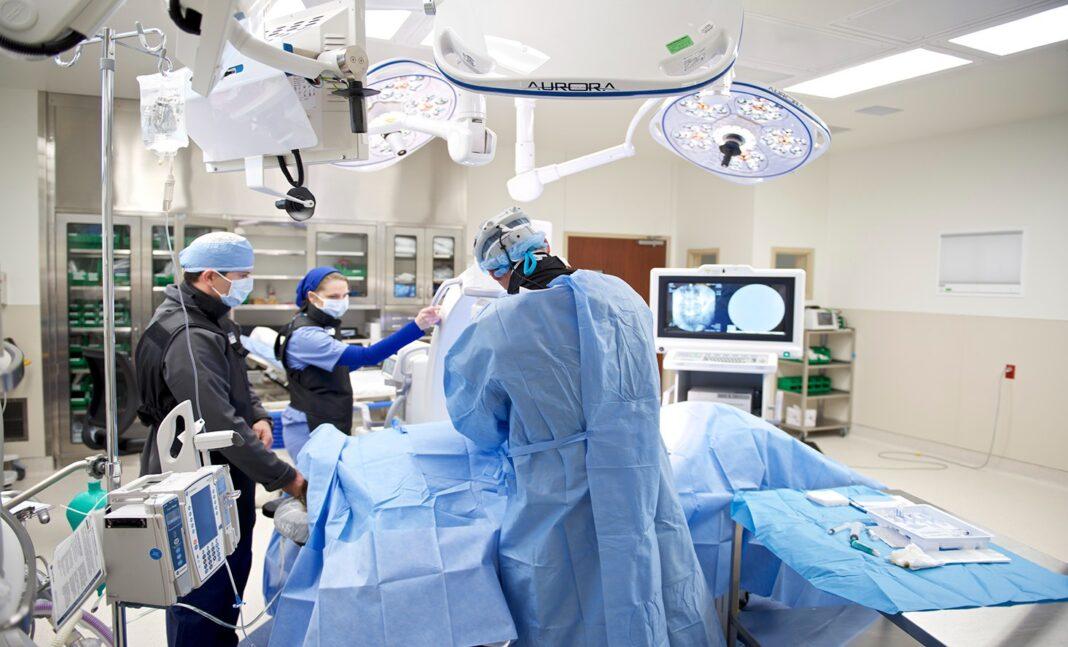A 62-year-old man suffering from end-stage renal disease has made history as the first person to receive a kidney transplant from a genetically modified pig, announced doctors from Massachusetts General Hospital in Boston on Thursday. The groundbreaking surgery, conducted on March 16, represents a significant step forward in providing more accessible organs for patients in need. Richard Slayman, the patient from Weymouth, Massachusetts, is currently recovering well and is expected to be discharged soon, according to the hospital.
The kidney used in the transplant was sourced from eGenesis, a company based in Cambridge, Massachusetts. The pig providing the organ had undergone genetic editing to remove genes that could harm a human recipient and incorporate certain human genes to enhance compatibility. Additionally, the company deactivated viruses inherent in pigs that could potentially infect humans. Prior to this human trial, eGenesis had successfully transplanted kidneys from similarly edited pigs into monkeys, with some monkeys surviving for extended periods.
To prevent rejection of the pig organ by the patient’s immune system, doctors administered experimental drugs, including an antibody called tegoprubart developed by Eledon Pharmaceuticals. This surgical breakthrough marks progress in xenotransplantation, the transfer of organs or tissues from one species to another, as noted by Dr. Robert Montgomery.
With over 100,000 people in the U.S. awaiting organ transplants, kidneys are in particularly high demand. While this pioneering surgery offers hope for addressing this need, further research and clinical trials are necessary to refine the process. Different transplant centers are exploring various gene editing techniques and medications, and authorization from the FDA for clinical trials will be a crucial next step.
Notably, in January 2022, a team from the University of Maryland transplanted a genetically modified pig heart into a 57-year-old man with terminal heart disease. However, the patient passed away two months later.



